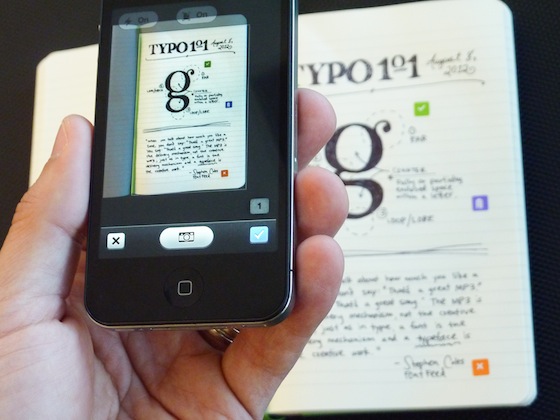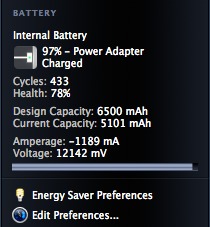 The PC industry is in a sharp decline as consumers gravitate more towards smartphones and tablets. Intel hopes to change that trend, largely blamed on Windows 8 itself, by introducing its new Bay Trail processors that will enable low cost Windows 8 machines. How cheap? Budget-friendly enough that notebooks will be able to compete with sub-$200 priced tablets from Amazon, Samsung, Google and other manufacturers.
The PC industry is in a sharp decline as consumers gravitate more towards smartphones and tablets. Intel hopes to change that trend, largely blamed on Windows 8 itself, by introducing its new Bay Trail processors that will enable low cost Windows 8 machines. How cheap? Budget-friendly enough that notebooks will be able to compete with sub-$200 priced tablets from Amazon, Samsung, Google and other manufacturers.
“If you look at touch-enabled Intel-based notebooks that are ultrathin using [the new] processors, those prices are going to be down to as low as $200,” Intel CEO Paul Otellini said, according to a recent article from CNET. It might be easy enough for Otellini to promise those prices, especially as he plans his exit from Intel next month, so we’re going to remain skeptical until we hear manufacturers say that they can deliver on those promises.
After all, touchscreen displays themselves can cost more than $200, add in memory, a hard drive, a graphics chip and other components and you’re looking at a rather expensive device. Look at the smartphone industry, for example, where it’s common to find an off-contract flagship smartphone for $650. Still, we do know that it’s possible to create low-cost devices if you’re willing to take a hit at the point of sale. Amazon says it breaks even on its Kindle Fire devices but makes money once consumers enter its ecosystem and begin to buy eBooks, music, videos and applications.
[Source: TechnoBuffalo]



